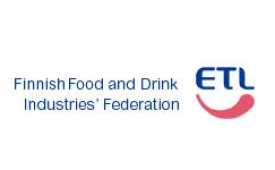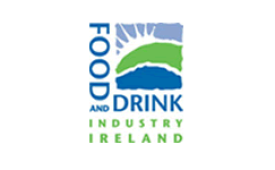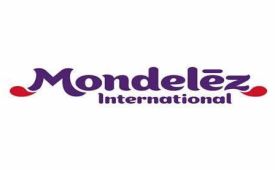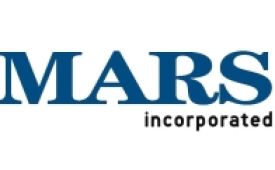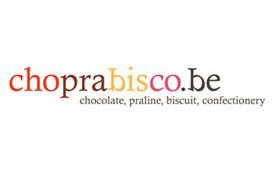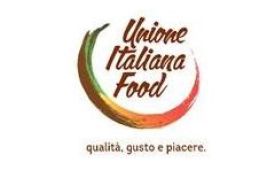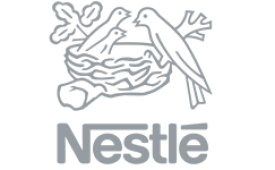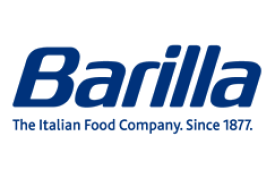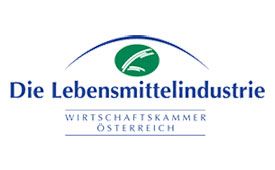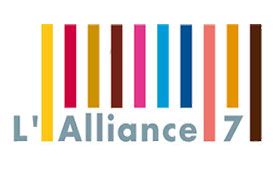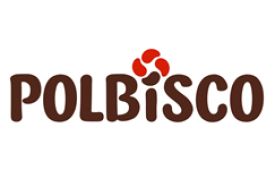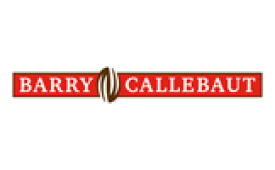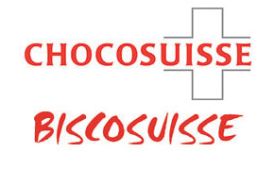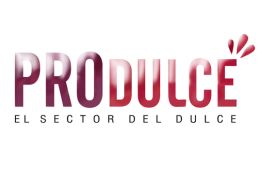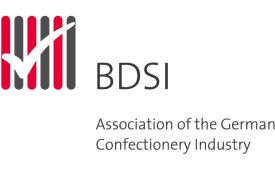May 22,2020 - CAOBISCO Statement on EU-UK FTA Negotiations
CAOBISCO is highly concerned that considering the current advancement of the negotiations and the COVI-19 crisis, a thought through, balanced trade agreement could be jeopardised. Thus, we call on the EU and UK authorities to extend the transition agreement as long as it is necessary.
The social and economic impact the COVID-19 crisis has on the chocolate, biscuits and confectionery sectors will have to be measured but the cost will be high. In this context, it makes sense to provide our industries with elements of certainty in a volatile time and thus, extend the transition period.
A no-deal BREXIT or a bad deal as of 2021 would be hugely detrimental to our industry, and the whole food supply chain with a significant decrease in EU exports and revenue coupled with more important job losses.
We are hopeful that in order to preserve business activities between the EU and the UK, a balanced and ambitious trade agreement with appropriate product-specific rules of origin, will be implemented as of day ONE of the end of the transition period.
CAOBISCO EU-UK Trade in figures
- CAOBISCO products (confectionery, chocolate and fine bakery wares) are the top food and drink products traded with the UK (total trade represents more than € 6 billion per year). Biscuits/pastries and chocolate are respectively the second and third most valuable group of food exports from the EU to the UK, and the second and fourth most valuable food imports to the EU from the UK. (Source Eurostat)
- In 2019, more than 1.5 million metric tonnes of CAOBISCO products were exported to the UK representing a value of around €5 billion. Imports from the UK to EU27 represented roughly 500.000 MT (around € 1.6 billion). Ireland imports more than 45% of CAOBISCO products from the UK.
- These figures show a highly integrated and inter-dependent EU-UK trade in our products. The industry would thus be heavily impacted by potential market imbalances if EU-UK trade were to be disrupted by any kind of trade barriers. Disruption to trade is in the interest of neither side.
- CAOBISCO industries are major users of EU and UK agricultural raw materials such as sugar, milk and cereals. Commodity markets and processing depend on integrated supply chains involving thus both farmers and processors operating in both EU27 and the UK.
A Free Trade Area
- CAOBISCO calls on EU negotiators to maintain free trade between the UK and EU27 in the future, preserving trade from any tariff and non-tariff barriers. The Free Trade Agreement must uphold long-term growth for our sector, investment, stability and the same standards of hygiene, safety and quality in order to ensure the continued competitiveness of our sector in the EU27 and the UK.
- The Free Trade Agreement between the EU27 and the UK must also ensure tariff- and quota-free trade for CAOBISCO products and its agricultural ingredients (sugar, dairy, cereals, cocoa, dried fruits and nuts), in order to continue to operate in Europe.
Customs Procedures
- Both sides have already shown commitment towards negotiating a trade agreement that delivers tariff and quota free trade. However, the devil of such an agreement will be in the detail. Such an agreement will be meaningless if businesses are unable to access preferential tariff rates. In the case of CAOBISCO, this will only be possible if both sides can agree to put in place appropriated product-specific rules of origin.
- To give fair competitive advantages to both UK and EU manufacturers of CAOBISCO products and in order to avoid administrative complexities, the preferential rules of origin for CAOBISCO product categories must be based on the well-established value-criteria for non-originating ingredients (sugar, milk and cereals).
- Our industries on both sides of the channel face a unique challenge in terms of seasonality and climatic conditions which mean from one year to the next, sourcing arrangements will frequently change. For producers of value-added food and drink products such as chocolate, biscuits or confectionery, existing new models of rules of origin proposed by the EU based on the weight of the final product, fail to address these challenges. If applied in future trade between the EU and the UK it will inhibit rather than promote exchanges, to the detriment of our industries and crucially consumers and shoppers. Manufacturers on both sides would face the unwelcome prospect of either a costly restructuring of supply chains or a de facto barrier that blocks valuable trade links between the EU and UK.
- Mutual recognition of Authorised Economic Operators (AEO) authorisations between the EU and the UK should be ensured, so that companies with AEO status can benefit from reduced customs controls.
- CAOBISCO strongly recommends taking the following elements into consideration:
- Rules for our product chapter HS 1704 – confectionery products, HS 1806 – chocolate products and HS 1905 – fine bakery wares, must be based on the value criteria. It makes the application of preferential treatment legislation easier, especially for small and medium-sized enterprises. These rules currently apply to the movement of goods within the European Economic Area (EEA), with Switzerland and in the Pan-Euro-Mediterranean region, reducing the load of new administration tasks on companies and keeping their liability risk at a manageable level.
- Full bilateral and diagonal cumulation between the UK, the EU and shared preferential trade partners to protect the close and integrated supply chains between UK and EU food and drink producers have built over the last decades.
- A joint EU-UK exemption for all originating imports from least developed countries (LDCs). It is the morally correct thing to do to ensure exporters from these countries are not inadvertently disadvantaged by changes in the EU-UK trading relationship.
- The UK’s status as a third country, no longer being part of the EU Union Customs Code, will lead to more red tape, in customs procedures. The EU-UK FTA should include a framework of permanent cooperation to facilitate procedures and, minimise border checks by addressing risk management techniques and security measures.
- Simplified customs procedures need to be developed for all businesses to protect trade flows and integrated supply chains. Complying with the new customs obligations arising from Brexit will pose challenges for SMEs that have no experience of trading outside the EU.
- Mutual recognition of Authorised Economic Operators (AEO) authorisations between the EU and the UK should be ensured, so that companies with AEO status can benefit from reduced customs controls.
- It is crucial that the UK should maintains the special customs procedures as currently foreseen by the Union Customs Code, such as inward processing (IPR).
Non-Tariff Barriers
- A future FTA must prohibit non-tariff barriers that might prevent goods manufactured in the EU to be sold in the UK, and vice versa. For example, future regulatory divergence on food safety standards would provide a significant barrier to trade and so should be avoided.
- CAOBISCO pleas for regulatory cooperation and dialogue to ensure maximum collaboration on SPS and TBT measures, and to minimise disruptions to trade as a result of divergence in the application of such requirements.
- The continued alignment of a number of UK regulations should create conditions that will enable the negotiation and conclusion of mutual recognition agreements, in particular on issues relating to food safety.
- The mutual recognition of certification bodies as approved third country certification bodies to certify products for export to the EU or the UK needs to be pursued to ensure trade flows are not impacted.
- The agreement should ensure the continued mutual recognition of approved export establishments in the UK and the EU, as they are part of integrated EU-UK supply chains.
- Maintenance of a close relationship between the UK’s Food Standards Agency (FSA) and EFSA is of the utmost importance to ensure continuing joint risk assessment with a common data base to manage divergence in standards and avoid trade impediments. The UK should continue to be part of the EFSA Focal Point and Advisory Forum networks and participate in the Rapid Alert System.
- Any future changes on matters such as labelling should be voluntary, not mandatory, on both sides, to avoid inadvertently partitioning the markets.
Geographical Indications
- The EU-UK agreement should maintain the current protection of GIs so that EU GIs are granted continued protection in the UK after Brexit and that UK GIs remain similarly protected within the EU in the future.
Ireland and Northern Ireland
- For CAOBISCO, it is essential that the implementation of the Revised Protocol on Ireland and Northern Ireland ensures a frictionless border between Ireland and Northern Ireland from both a customs and regulatory perspective. The integrity of the Single Market must be protected.
Our industries remain ready and willing to help deliver an ambitious trade agreement between the EU and the UK that allows business to continue to thrive. We would welcome the opportunity to further discuss these proposals with you and stand ready to work in support of delivering a bespoke solution that delivers a win-win outcome for the EU and the UK.
